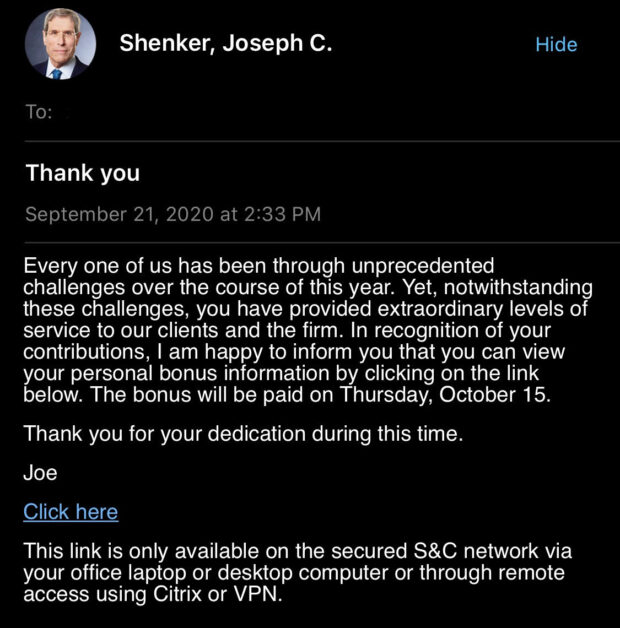
Houston Texans quarterback Deshaun Watson, who recently signed a $177 million contract extension, has been sued for copyright infringement after allegedly using copyrighted photos, without consent, on his social media pages. Unfortunately, Watson is merely one of the latest professional athletes to find himself named as a defendant for republishing photography on Instagram, Facebook, and Twitter. It is a pervasive issue that needs to be fixed so that athletes can avoid being named defendants for publishing content on social media.
The complaint was filed by photographer Aaron M. Sprecher in the U.S. District Court for the Southern District of Texas. The single count copyright infringement case filed by Sprecher, an independent contributor to the Associated Press who has since been denied credentials by the Texans, is premised on Watson publishing three photos, two of which were shot by Sprecher on September 14 during a game between the Texans and the Cincinnati Bengals and the third of which was taken on January 23 surrounding the 2020 Pro Bowl, to his roughly 1.4 million followers across his social media accounts.
Sprecher is asking for a permanent injunction against Watson from copying, displaying, distributing, advertising, promoting, and/or exploiting in any manner the copyrighted works. He also seeks statutory or actual damages under the Copyright Act, including damages incurred as a result of his loss of licensing revenue.
The lawsuit against Watson is extremely similar to the case brought against LeBron James by photographer Steven Mitchell. In March, James was sued in federal court for not seeking permission prior to publishing one of Mitchell’s photographs on James’ official Instagram account. On August 10, James filed an answer, affirmative defenses, and counterclaims against Mitchell, with the main affirmative defense seeking protection under the fair use provisions of the Copyright Act. Watson should similarly focus his defense on the potential application of fair use.
The first prong of the fair use test looks at the purpose and character of the use, and the biggest hurdle for Watson here is that it appears he merely republished the original content, which means that the use was not transformative. While many individuals have submitted commentary on each post’s comments section, that commentary would likely not be deemed to be new information or insight that amounts to transformative use. Watson’s use would need to be for the purpose of commenting on the actual images themselves in order for the use to potentially be deemed transformative. However, it does not seem that Watson republished the photos in bad faith; he was merely trying to spark conversation on social media surrounding pictures featuring him in his trade. There is an unanswered question as to whether Watson’s use of the photos on his social media, which he has profited from by way of endorsement opportunities, is commercial use. That could be the key component in determining whether the first prong weighs in favor of the plaintiff, defendant, or is a neutral part of the equation.
While the photographs were previously published, Watson does have some strength with the second prong of the fair use analysis, covering the nature of the work. Unfortunately, this factor rarely plays a significant role in the determination of a fair use dispute. The fact the Sprecher was photographing events around him as they occurred could support for a finding of fair use on this issue. He did not create the scene or stage his subjects. Candid shots in public settings often weigh against the creativity element of this prong.
However, the third prong — the amount and substantiality of the portion used — will not be a strength in Watson’s defense. Watson used each individual photograph in its entirety. His saving grace may be that this factor tends to weigh less in a fair use analysis when considering the use of a photograph as opposed to another type of content. At best for Watson, the court could determine this factor to be neutral because no more of the works were taken than necessary.
Finally, and most importantly, the fair use analysis will focus on the effect of the use upon the market for or value of the original. A presumption of market harm would likely apply because Watson’s use does not seem to have been transformative. The court’s concern should be whether Watson’s use usurps the market of the original work. In other words, has Watson’s use brought to the marketplace a competing substitute for Sprecher’s original photograph? This prong not only focuses on the market harm caused by an infringer but also the harm that would result from unrestricted and widespread conduct of the same sort. The whole case could boil down to this fair use factor. Is Watson’s use emblematic of the only market Sprecher’s photographs could reasonably have — licensing to individuals like Watson? Is there already or likely to be a market developed for this sort of activity? Sprecher is affiliated with the Associated Press, which then licenses his content. If Watson and others do not need to pay for such a license, could this destroy Sprecher’s main source of revenue?
Again, the bottom line is that athletes should not be put in this sort of situation where they are using others’ copyrighted material without a license. It should be on the leagues and/or players’ unions to ensure that the athletes have the tools at hand to quickly clear intellectual property issues so that they can celebrate their accomplishments with their fans and further their engagement without running the risk of inviting additional legal exposure.
Darren Heitner is the founder of Heitner Legal. He is the author of How to Play the Game: What Every Sports Attorney Needs to Know, published by the American Bar Association, and is an adjunct professor at the University of Florida Levin College of Law. You can reach him by email at heitner@gmail.com and follow him on Twitter at @DarrenHeitner.





 Kathryn Rubino is a Senior Editor at Above the Law, and host of
Kathryn Rubino is a Senior Editor at Above the Law, and host of 








 Jordan Rothman is a partner of
Jordan Rothman is a partner of 


